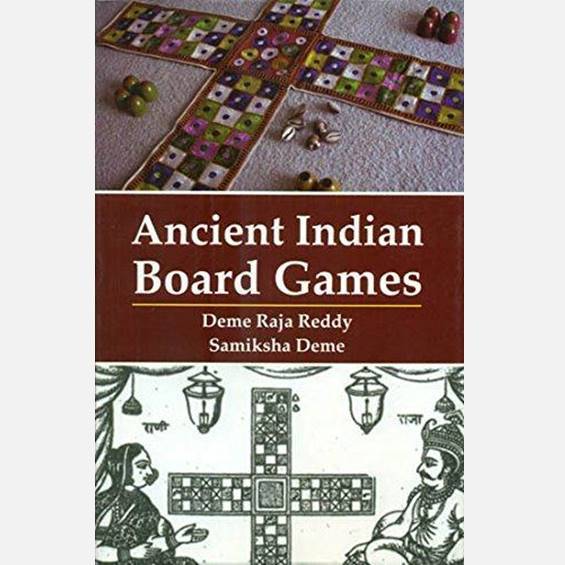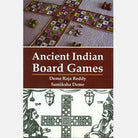Ancient Indian Board Games
MRP | ₹ 650
Unit price
/
Unavailable
Inclusive of all taxes. Shipping calculated at checkout.
Indian board games evolution by Samikshan Deme, Raja Reddy
This books recounts the ancient Indian tradition of playing board games. Many games invented in ancient India transformed and transported to outside the country. Chess, for example, which originated from the North-Western parts of India, spread to Persia and eventually reached Europe by about 10th century AD and by 15th century.
Games are the activities which have been played from ancient times for pastime and amusement. These are usually contests based on rules and decided by the skill, judgment or sometimes on luck alone. There were very many board games which were played in ancient India such as chess and pachisi. Chess originated in North Western parts of India during Gupta period and then spread to Persia. This game reached Europe by about 10th century AD and by 15th century came to be known as royal game because of its popularity among the nobility. Many of the games were modified in new countries and these are known by different names in different countries though the basic principles of the game are similar. For instance Pachisi is known as Ludo in England and Parcheesi in U.S.A. A survey of our ancient temples and forts reveal the presence of such games which remained because they were marked on the stones. A study of them and the evolution of those games makes an interesting reading. There were very many games which were played in ancient India which were lost and this fact is evident from the drawings on ancient forts and temples which we cannot identify at the present time. This book lists some of the ancient Indian board games.

